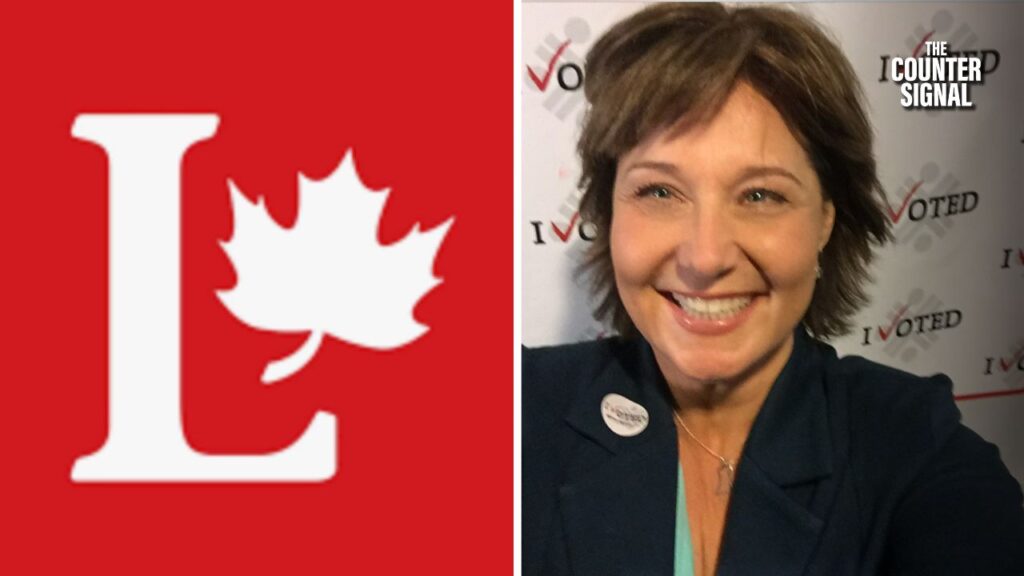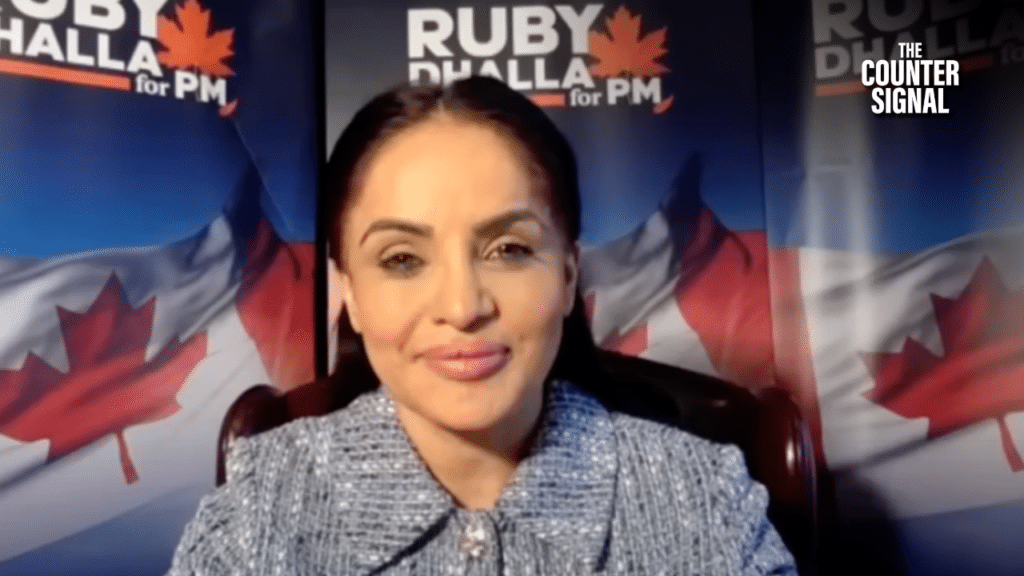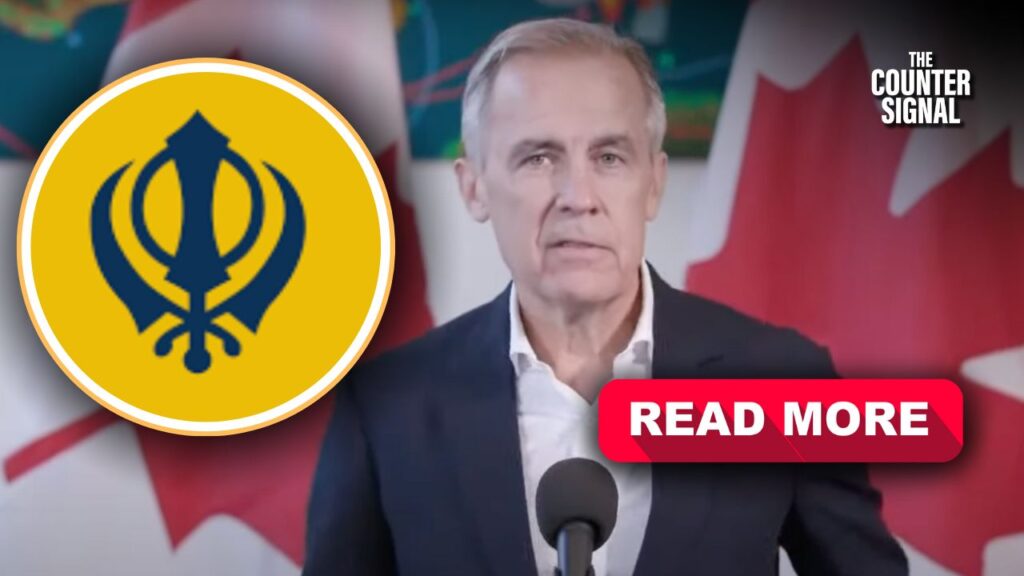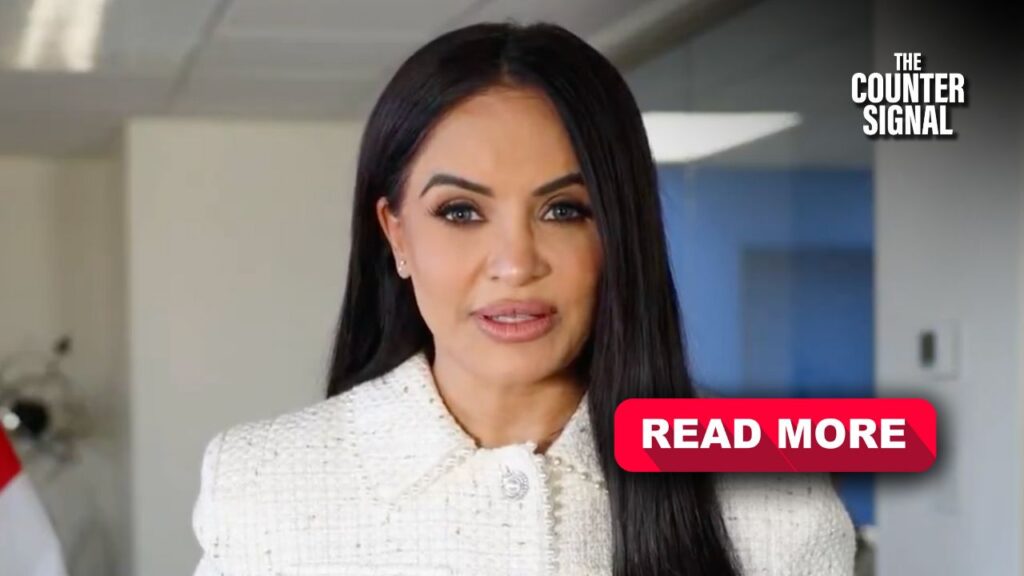Former BC Premier and carbon tax advocate Christy Clark stumbled out of the gate in her bid to replace Prime Minister Justin Trudeau as leader of the federal Liberals.

Clark, who once led the BC Liberals, is now under fire for making several misleading statements and misrepresenting her past political affiliations.
While presenting herself as a long-time Liberal capable of uniting a fractured party, Clark’s political history reveals a pattern of shifting allegiances—leaving her critics armed with evidence to challenge her claims.
Clark’s credibility faced a significant blow when, during a recent CBC interview, she denied ever being a member of the federal Conservative Party.
Christy Clark just got destroyed on national television as she got outed in a very big lie. Watch the whole thing. pic.twitter.com/UsmJRhB0g5
— Stephen Taylor (@stephen_taylor) January 10, 2025
This claim was promptly refuted by the Conservative Party of Canada, which produced records showing Clark had been a member from June 2022 to June 2023.
When confronted, Clark described her earlier statement as a case of having “misspoken.”
Well, I misspoke.
— Christy Clark (@christyclarkbc) January 11, 2025
Sh*t happens.
Lesson learned 🤦♀️ …
I have always been clear that I supported Jean Charest to stop Pierre Poilievre. Not backing away from that. He’s the most divisive politician we’ve seen in years and I felt it was my duty as a Cdn to stop him in his…
Clark’s inconsistent political record extends beyond party membership. She openly supported Jean Charest’s unsuccessful bid during the 2022 Conservative leadership race—a campaign widely seen as an effort to block Pierre Poilievre’s rise. Additionally, she attended a “Centre Ice Conservatives” event, where she criticized the CPC for leaning too far right.
As part of her rebranding efforts, Clark is now attempting to position herself as a pragmatic Liberal who opposes the federal carbon tax. However, her track record suggests otherwise. Poilievre himself has labeled her “Carbon Tax Clark,” referencing her strong support for the policy during her time as BC Premier.
Meet Carbon Tax Clark.
— Pierre Poilievre (@PierrePoilievre) January 11, 2025
She bragged that her BC carbon tax was the biggest of all.
She's Just Like Justin: https://t.co/uh9m6h1kQM pic.twitter.com/792NiQSetR
Clark maintained British Columbia’s carbon tax after it was implemented in 2008 by her predecessor, Gordon Campbell. Upon becoming premier in 2011, she opted to uphold the policy.
With the party set to announce a successor on March 9, Clark has yet to meet several requirements to qualify as an official candidate, including paying a $350,000 entry fee









